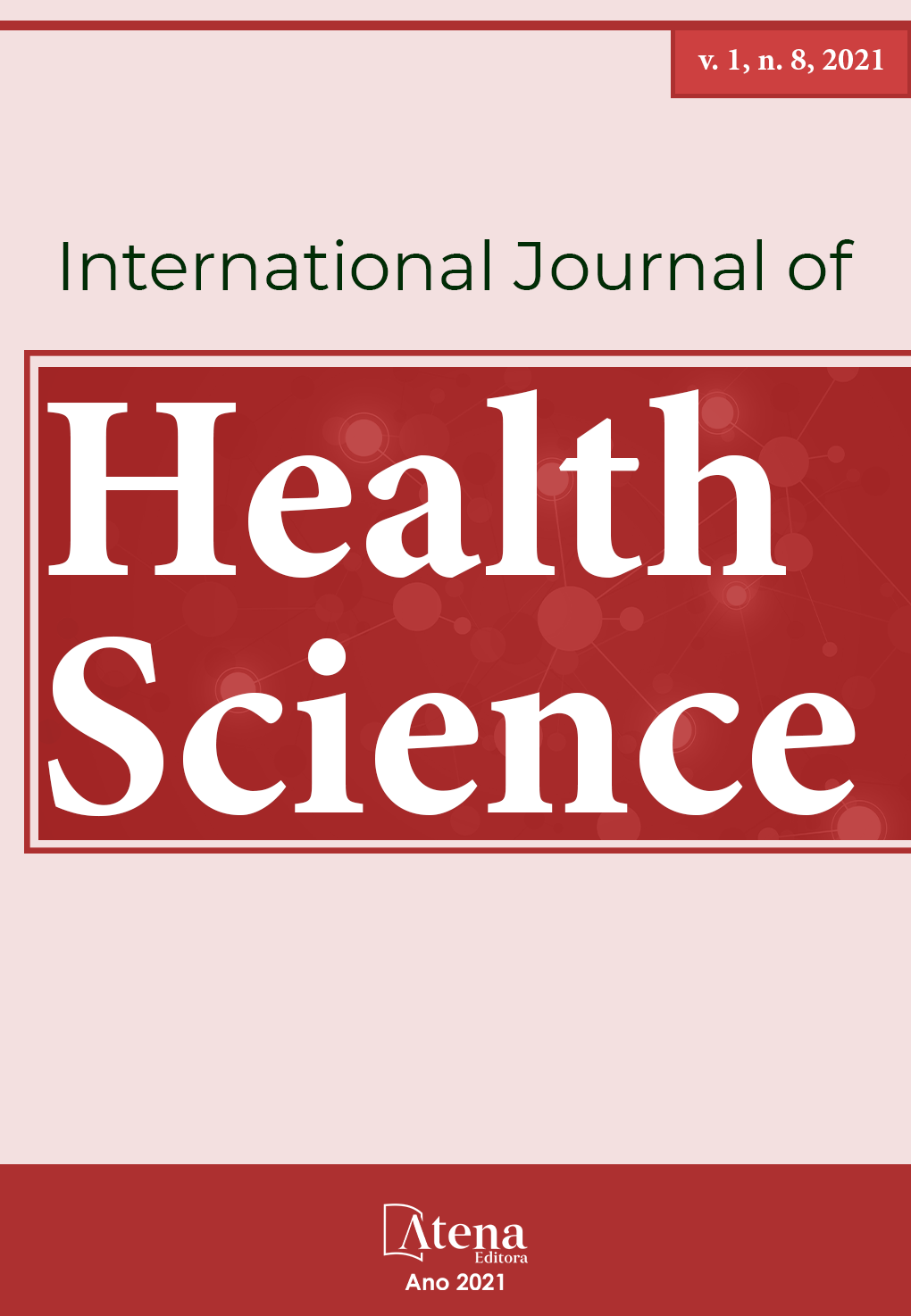
VEGETARIANISM X NUTRITIONAL IMPACTS: AN INTEGRATIVE REVIEW
In some ancient societies, meat was not part of the diet, either for religious reasons or because poorer populations did not have access to it. According to SVB's Food Guide for Vegetarian Diets for Adults, vegetarians are those who exclude from their diet all types of meat, poultry and fish and their derivatives, and may or may not use dairy products or eggs. It is necessary to draw attention to the participation of the nutritionist in the dietary planning of vegetarian individuals, in order to guide and adapt nutritional recommendations and needs. OBJECTIVE: To verify the possible nutritional impacts of a vegetarian diet. METHOD: For this, an integrative review was carried out, which sought to answer the following question: What findings verify the possible nutritional impacts of a vegetarian diet? The questions addressed in the objective refer to the PEAK strategy, with patients being those of different age groups, adept at vegetarian eating. RESULTS: From 130 records identified by searching the databases, 10 publications were retrieved for further evaluation, including 07 articles for review. Evidence pointed to the benefits of a predominantly plant-based diet in promoting and protecting health, in addition to conferring benefits on the planet. CONCLUSION: The main objective of the nutritionist must be to elaborate a specific food plan, minimizing the possible deficiency risks brought by the vegetarian diet in any modality, respecting both the patient's wishes and his/her metabolic needs.
VEGETARIANISM X NUTRITIONAL IMPACTS: AN INTEGRATIVE REVIEW
-
DOI: 10.22533/at.ed.1592107121
-
Palavras-chave: Food and Nutrition Education; Vegetarian Diet; Diet; Eating habits.
-
Keywords: Food and Nutrition Education; Vegetarian Diet; Diet; Eating habits.
-
Abstract:
In some ancient societies, meat was not part of the diet, either for religious reasons or because poorer populations did not have access to it. According to SVB's Food Guide for Vegetarian Diets for Adults, vegetarians are those who exclude from their diet all types of meat, poultry and fish and their derivatives, and may or may not use dairy products or eggs. It is necessary to draw attention to the participation of the nutritionist in the dietary planning of vegetarian individuals, in order to guide and adapt nutritional recommendations and needs. OBJECTIVE: To verify the possible nutritional impacts of a vegetarian diet. METHOD: For this, an integrative review was carried out, which sought to answer the following question: What findings verify the possible nutritional impacts of a vegetarian diet? The questions addressed in the objective refer to the PEAK strategy, with patients being those of different age groups, adept at vegetarian eating. RESULTS: From 130 records identified by searching the databases, 10 publications were retrieved for further evaluation, including 07 articles for review. Evidence pointed to the benefits of a predominantly plant-based diet in promoting and protecting health, in addition to conferring benefits on the planet. CONCLUSION: The main objective of the nutritionist must be to elaborate a specific food plan, minimizing the possible deficiency risks brought by the vegetarian diet in any modality, respecting both the patient's wishes and his/her metabolic needs.
-
Número de páginas: 19
- Monique Maria Lucena Suruagy do Amaral Aguiar
- Ana Beatriz Santos Da Silva
- Olivia Maximiano de Oliveira Sillero
- Karollaynne Augustinho de Amorim Silva
- Gabrielly Maria de Lima Almeida Rocha
- Cléres Lino da Silva Cleios
- Ana Cléria Gonçalves de Carvalho
- Maria Eduarda Machado Bandeira de Melo
- Lívia Eduarda dos Santos Gomes
- Ana Clara da Silva Santos
- Natália Nogueira de Lima
- Yasmim Lima Conrado


